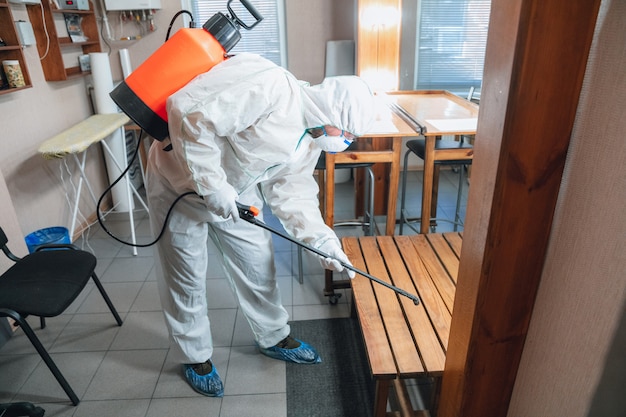
DIY vs Professional Termite Treatment Local Experts Advice
Termites, often referred to as "silent destroyers," can cause significant damage to homes and structures before they are even detected. As a homeowner, deciding between do-it-yourself (DIY) termite treatment and hiring a professional can be daunting. Each option has its own merits and drawbacks, depending on various factors such as the severity of the infestation, budget considerations, and personal preferences. This article explores the advantages and disadvantages of both approaches, with insights from local experts to help you make an informed decision.
Understanding Termite Infestations
Before delving into treatment options, it's crucial to understand the nature of termite infestations. Termites are social insects that live in colonies, and their primary food source is cellulose, found in wood and wood products. Infestations can go unnoticed for years, causing extensive damage.
Signs of Termite Infestation
- Hollow-sounding wood when tapped
- Discarded wings near windowsills or doors
- Frass, or termite droppings, resembling sawdust
- Mud tubes on exterior walls or in crawl spaces
Recognizing these signs early can help in choosing the right treatment approach. Read more about this topic to identify other indicators of termite activity.
DIY Termite Treatment
For those inclined towards hands-on solutions, DIY termite treatment can be an appealing option. It offers several advantages, but also comes with limitations.
Advantages of DIY Termite Treatment
- Cost-effective: DIY solutions are generally cheaper than professional services.
- Convenience: Products are readily available at local hardware stores or online.
- Immediate action: Homeowners can act quickly upon detecting an infestation.
Disadvantages of DIY Termite Treatment
- Limited effectiveness: Store-bought treatments may not penetrate deeply enough to eradicate an entire colony.
- Safety concerns: Handling chemicals without proper knowledge can pose health risks.
- Time-consuming: Identifying and treating all affected areas can be labor-intensive.
For a comprehensive understanding of DIY termite solutions, learn more in this detailed guide.
Professional Termite Treatment
Engaging professional pest control services offers a different set of benefits and challenges. It's often considered the more reliable option for severe infestations.
Advantages of Professional Termite Treatment
- Expertise: Professionals possess the knowledge and experience to accurately assess and treat infestations.
- Advanced tools and methods: Access to specialized equipment and treatments not available to the general public.
- Long-term solution: Comprehensive strategies that address both current infestations and future prevention.
Disadvantages of Professional Termite Treatment
- Higher cost: Professional services can be expensive, depending on the extent of the infestation.
- Scheduling: May require taking time off work or rearranging schedules to accommodate service appointments.
- Limited control: Homeowners must rely on the expertise of others and may feel less involved in the process.
For further insights into professional termite treatments, explore further insights here.
Making the Right Choice
The decision between DIY and professional termite treatment should be based on a careful evaluation of the infestation's severity, personal budget, and the time one is willing to invest. For minor infestations or those with experience in pest control, DIY methods might suffice. However, for larger, more entrenched colonies, hiring professionals could be the most effective approach.
Ultimately, the choice may also depend on one's comfort level with handling chemicals and the desire for a guaranteed solution. Find additional information here to help guide your decision-making process.
In conclusion, whether you choose a DIY approach or professional services, addressing termite problems promptly is key to minimizing damage and preserving the integrity of your home.